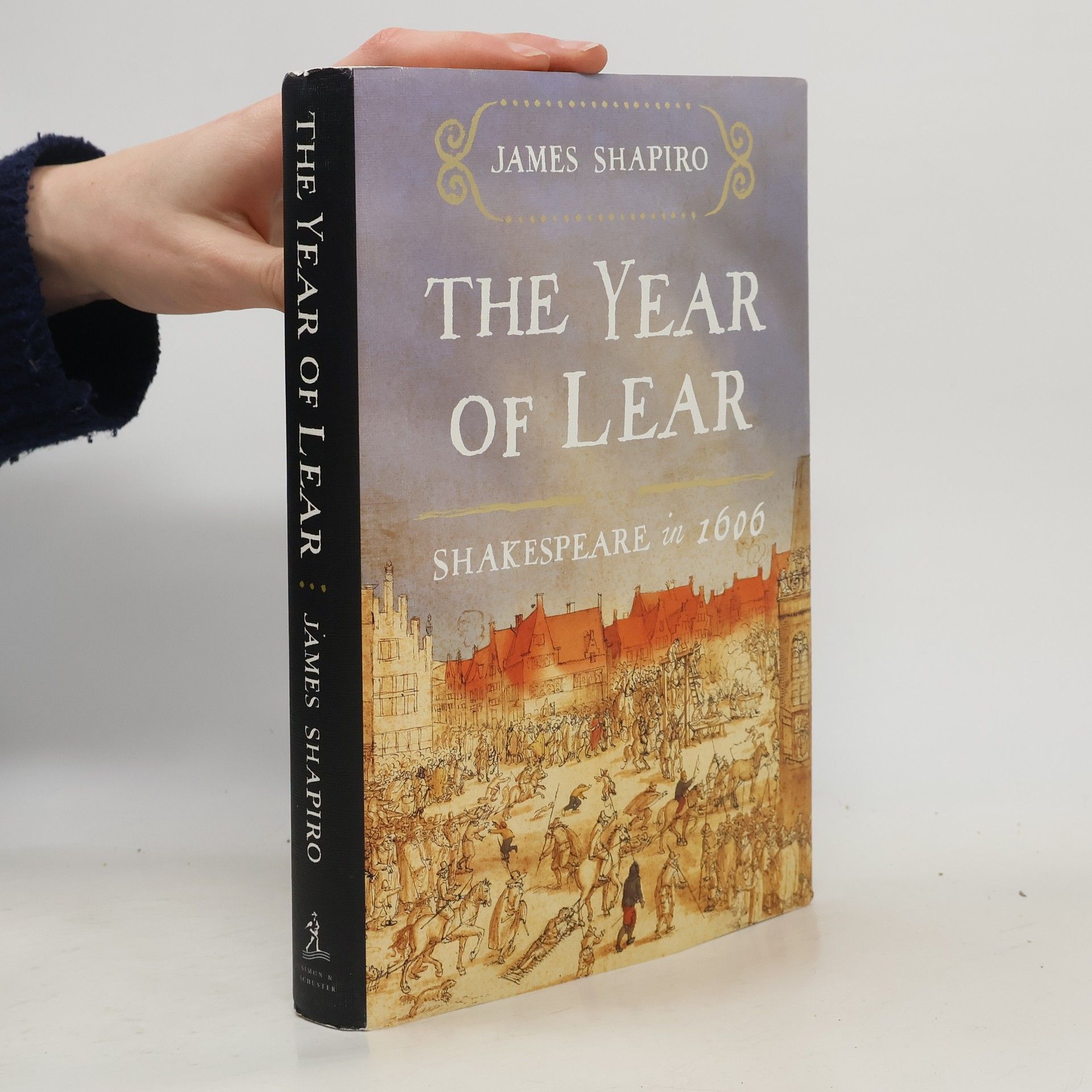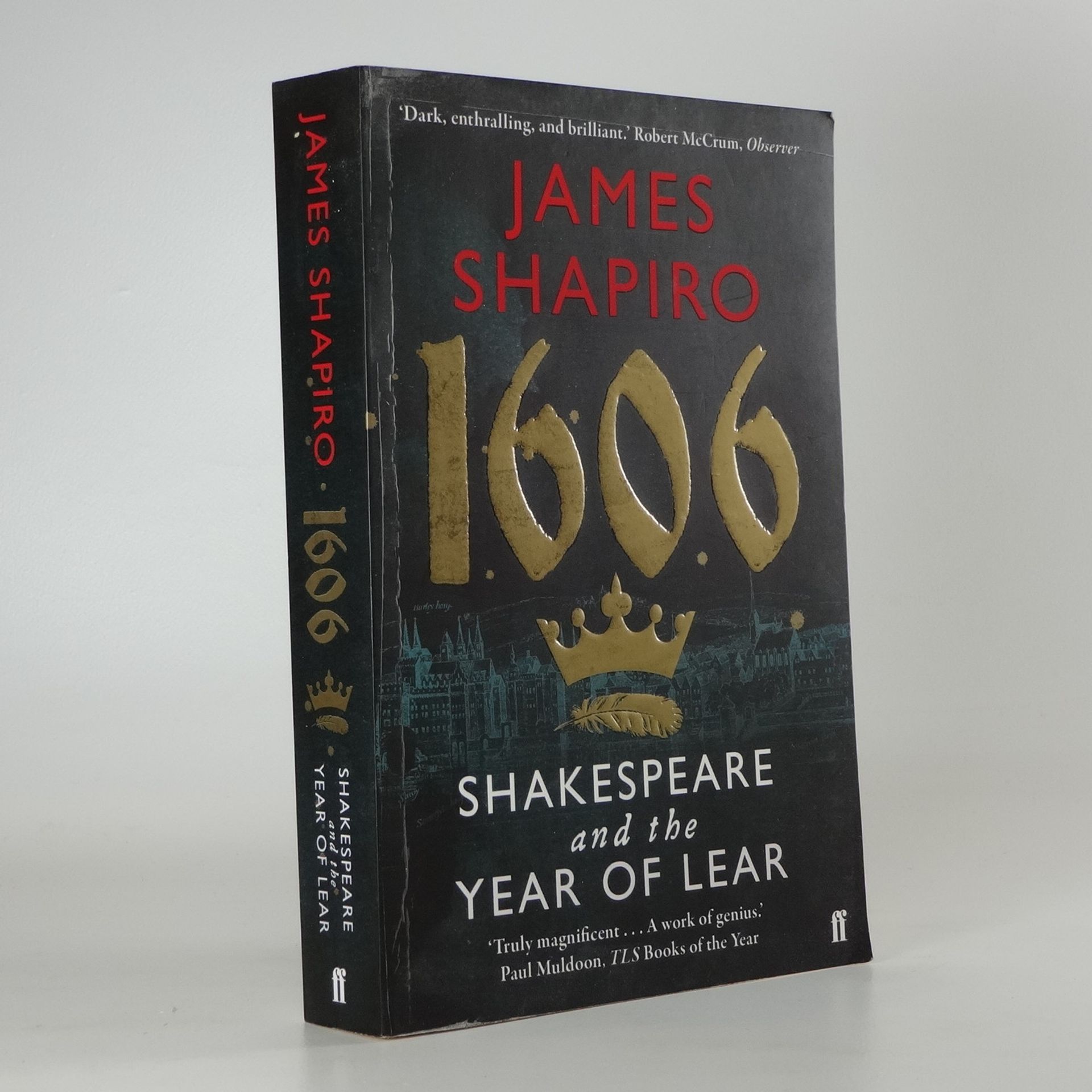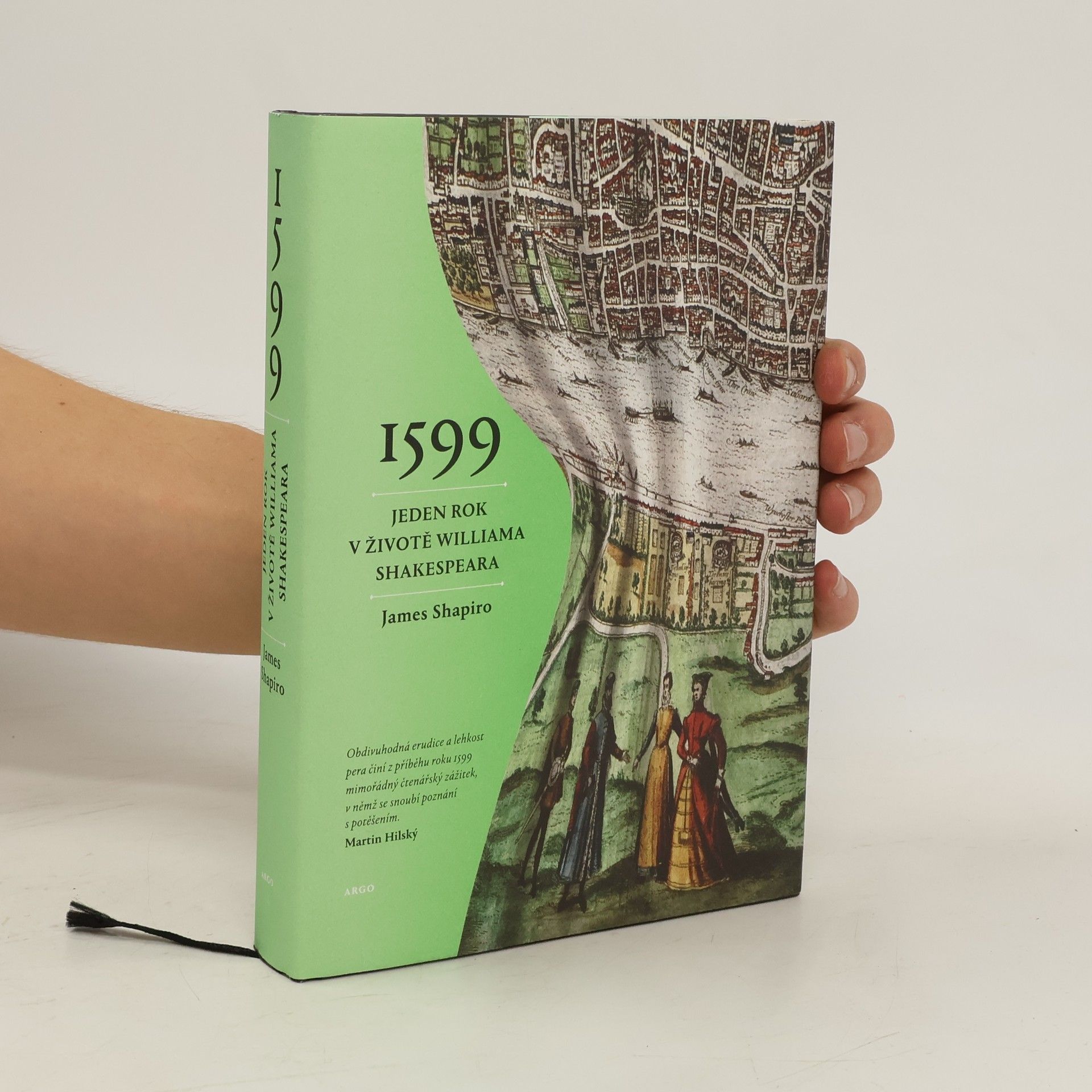1606
William Shakespeare and the Year of Lear
Ten years ago James Shapiro won the Samuel Johnson Prize for his bestseller 1599: A Year in the Life of William Shakespeare. Now, to mark the forthcoming 400th anniversary of Shakespeare's death, comes a compelling look at a no less extraordinary year in his life: 1606. 1606 is an intimate portrait of one of Shakespeare's most inspired moments: the year of King Lear, Macbeth and Antony and Cleopatra. 1606, while a very good year for Shakespeare, was a fraught one for England. Plague returns. There is surprising resistance to the new king's desire to turn England and Scotland into a united Britain. And fear and uncertainty sweep the land and expose deep divisions in the aftermath of a failed terrorist attack that came to be known as the Gunpowder Plot. James Shapiro deftly demonstrates how these extraordinary plays responded to the tumultuous events of this year, events that in unexpected ways touched upon Shakespeare's own life. By immersing us in Shakespeare's England, 1606 profoundly changes and enriches our experience of his plays, works that continue to speak to us with such immediacy.








